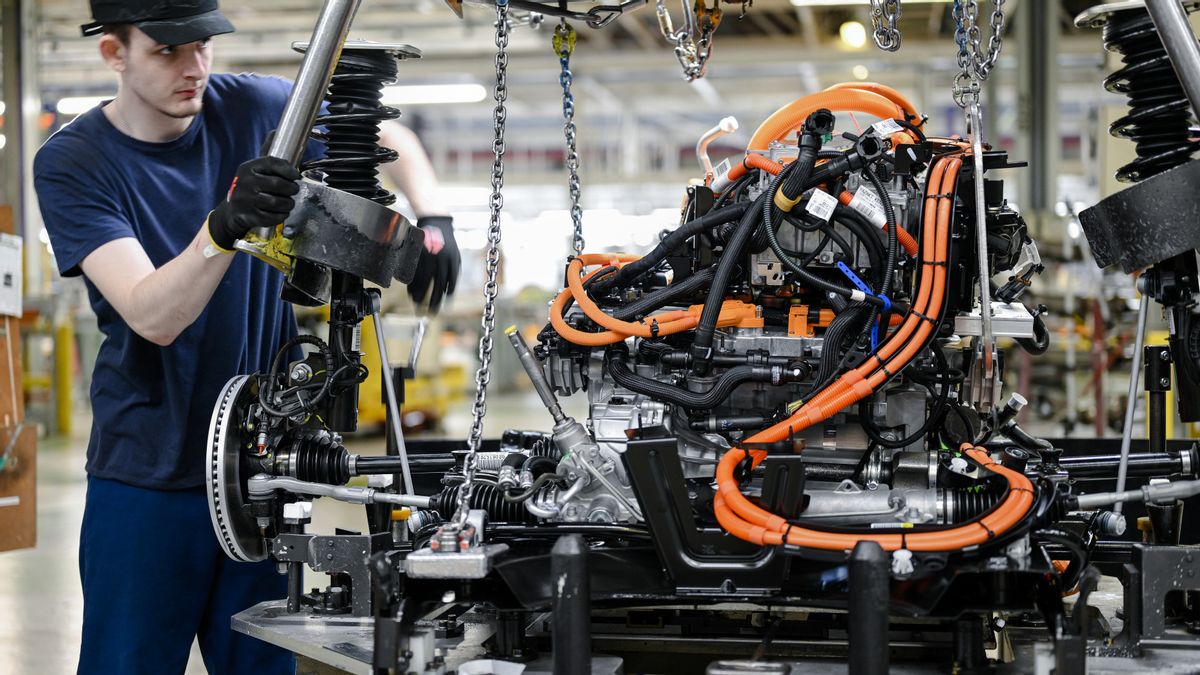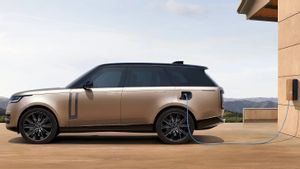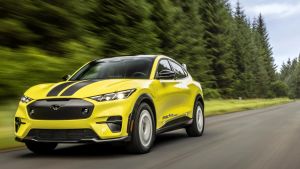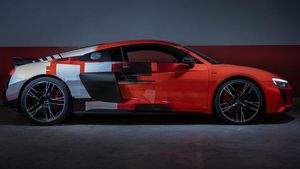JAKARTA - The automotive industry is currently entering a tight race to find alternative energy sources to make their vehicles more environmentally friendly. One of the big steps on this journey is switching to fully electric power. Two major automotive manufacturers, namely Volkswagen and Mercedes-Benz, have announced their plans to stop production of fossil fuel vehicles in the future.
However, it's not just Volkswagen and Mercedes-Benz that are joining the electrification trend. Stellantis, the multinational automotive company that controls well-known brands such as Peugeot, Fiat, Jeep, Maserati and Alfa Romeo, has also demonstrated its commitment to electrification. Despite this, Stellantis still believes in the future of internal combustion engines (ICE).
Christian Mueller, Senior Vice President of Stellantis, expressed confidence that ICE engines will continue to exist until 2050. He revealed that in the period between now and 2029, Stellantis will still sell a large number of ICE-engined vehicles that will operate for the next two decades.
"We believe that around 25% of our vehicles will still be in service after 20 years. Therefore, the transition time to e-fuels like this will be quite long," said Mueller as reported by Reuters on Thursday, September 6.
VOIR éGALEMENT:
Along with regulations in the European Union that allow the sale of ICE engines until 2035 using synthetic fuel or e-fuels, Stellantis has started developing its engines. Recently, they successfully tested 24 types of ICE engines on European production vehicles starting from 2014 with synthetic fuel. As a result, these engines can be used with e-fuels without the need for additional modifications.
This testing is part of a program involving 28 different machines that began last April. The other four engines are still waiting for validation whether they are compatible with e-fuels or not.
Stellantis estimates that the 24 engine types that have passed the tests represent around 28 million vehicles in operation in Europe. In addition, the use of low-carbon fuels in these 28 million vehicles is expected to reduce carbon emissions in Europe by around 400 million metric tons between 2025 and 2050.
Although Stellantis remains loyal to internal combustion engines, they also have a target to reduce their carbon footprint from 2021 to 2030 by releasing environmentally friendly vehicles, including electric cars.
The English, Chinese, Japanese, Arabic, and French versions are automatically generated by the AI. So there may still be inaccuracies in translating, please always see Indonesian as our main language. (system supported by DigitalSiber.id)
















